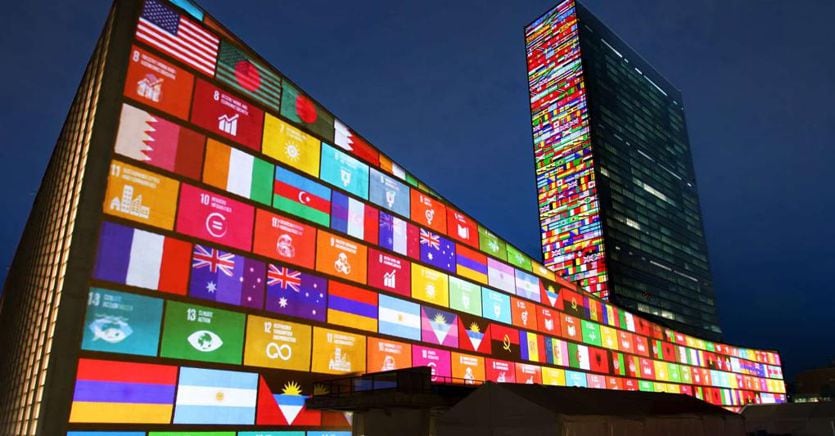Nesta Italia indicates the priorities to respond to the social and environmental challenges set by the UN and made urgent by the pandemic. Zappalorto: “Let’s start from the third sector”
by Alessia Maccaferri
Nesta Italia indicates the priorities to respond to the social and environmental challenges set by the UN and made urgent by the pandemic. Zappalorto: “Let’s start from the third sector”
4 ‘of reading
While Italy was unaware of the pandemic that would soon overwhelm it, at the end of January 2020 a booklet entitled “Preventing” was released in bookstores, subtitled: “Only global, preventive and far-sighted solutions can solve the three debts of the humankind: socio-economic, environmental and cognitive ». Co-signed by Roberto Cingolani, now chosen by Mario Draghi to occupy the top position in the new ministry for ecological transition.
Graduated in Physics, a career as director of the Italian Institute of Technology in Genoa, before moving to Leonardo, Cingolani combines scientific skills with a vision of society on many dimensions. Time will tell if Draghi has placed his hands on the right person. But certainly on paper the starting choice is coherent: in recent days he spoke of ecological transition, a concept that is not limited to the environment. “We have to think about the ecology of the mind, of society, that is, a system that stands up with harmonious rules”. He explained this in the context of the National Strategy for Sustainable Development, the instrument with which Italy declined the 2030 Agenda for Sustainable Development with the 17 objectives.
Loading…
The target is the third sector
Now, however, once the scenario has been defined, it is a question of understanding how to proceed. That is: how to respond to these environmental and social challenges? How to make sure that technologies are truly empowering for people? How can technologies innovate the ways in which to respond to the new questions posed by welfare, work, health, school? «Until a few years ago the tech for good they were an area for professionals. For some time we had wanted to launch a structured program and with the first lockdown we realized that the time had come it was urgent to provide adequate tools for the third sector»Explains Marco Zappalorto, at the head of Nesta Italia.
The non-profit, born by the will of the British foundation of the same name dedicated to social innovation, has launched Social Tech Lab, a multi-year program with the support of Compagnia di San Paolo, in the context of Torino Social Impact. The first result is a report «Emerging technologies for sustainable development», mainly aimed at the third sector. «We are organizing moments of listening and training to understand the needs of the third sector and the areas in which technology can have an impact. We will do it together with large NGOs and involving minor non-profit organizations. Then we will launch some challenge to identify the most suitable technology providers and thus stimulate virtuous synergies », adds Zappalorto. In fact Nesta Italia acts as a facilitator of these synergies, also strengthened by the heritage it is acquiring with the European Starts project: thanks to the support of the Compagnia di San Paolo and the Crt Foundation, Nesta is building a Starts Regional Center in Piedmont, a hub that promotes collaborations between companies, cultural centers, artists and of research. For now, Centro Nexa, Comau, Iren, Isi Foundation, Politecnico di Torino, Top-Ix, Celi have come forward.
Team multidisciplinari e human centered approach
The report on tech for good – born from the collaboration with Impactscool, Italian Institute of Robotics and Intelligent Machines, Italian Association for Artificial Intelligence, Isinnova, Bruno Kessler Foundation, Uqido, Italian Marketing Development Association – proposes some recommendations for the future. One of the crucial issues is collaboration in multidisciplinary team of experts the problems identified – from social sciences to design, from information philosophy to engineering – and the implications of digital technology. As for the design methods, Nesta suggests adopting the user- e human centered approach, based on the idea of starting from the needs of the person / user. In order not to waste energy, it is then suggested to set goals and impact indicators, so that progress and impact are verifiable and measurable. step-by-step ed ex post.
